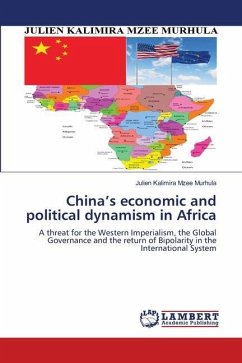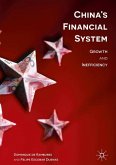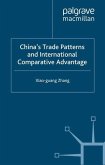China has recently emerged as the leading source of technology (capital goods) for Kenya and sub-Saharan Africa as a whole, a region which before the 1990s depended largely on advanced countries for its capital goods. With data from Kenya's furniture industry, this study explored the development implications of the new phenomenon for developing countries. The findings show that the technologies from China (and also from Kenya) are more amenable for inclusive industrial development in low-income settings where unemployment is high, financial markets are rigid and inaccessible, product markets are small and consumer preferences are generally unsophisticated. The fact that the Chinese and Kenyan technologies yield a more inclusive development outcome than those from advanced countries indicates that industrial policies for developing countries should take into consideration the critical issue of technology choice.








